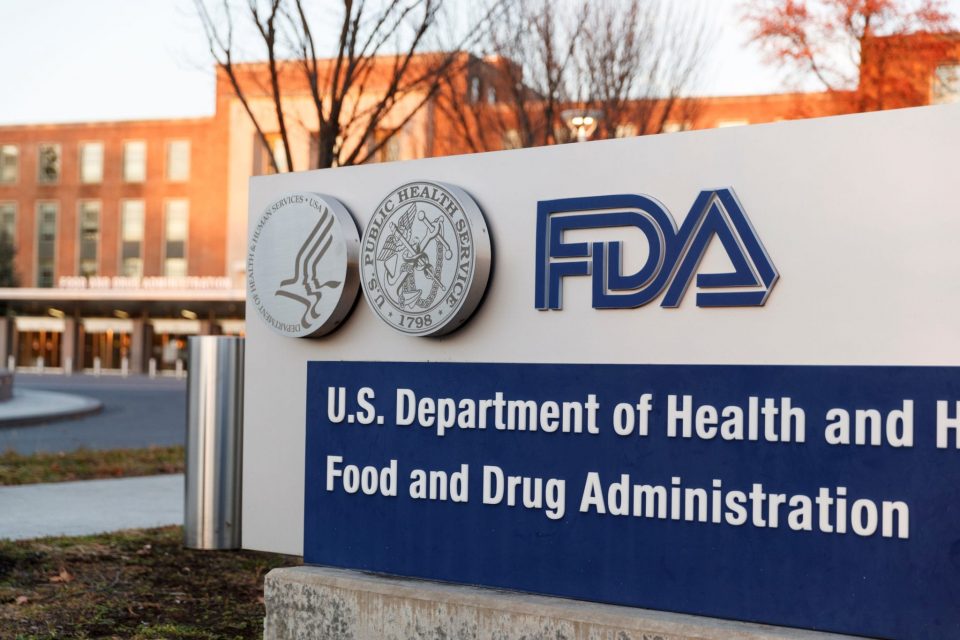Manufacturers of cell and gene therapies have a new guidance from the FDA that provides pandemic-related manufacturing considerations.
The guidance specifically addresses both licensed and investigational cell and gene therapy (CGT) manufacture, and “is intended to supplement the recommendations to drug and biological product manufacturers provided in FDA’s ‘Good Manufacturing Practice Considerations for Responding to COVID-19 Infection in Employees in Drug and Biological Products Manufacturing; Guidance for Industry’ issued in June 2020,” according to the guidance.
Industry-specific issues addressed in the guidance include cells and tissues recovered from donors and the particular methods by which a CGT product will be manufactured, such as cell expansion, viral reduction steps, and formulation. The guidance applies to CGT products regulated as drugs and biologic products alike, but not to devices or human cells, tissues, and cellular- or tissue-based products (HCT/Ps) regulated under section 361 of the PHS Act.
There has been no known contamination of HCT/Ps with SARS-CoV-2, the virus that causes COVID-19, noted the agency. Further, respiratory viruses are not generally considered to be transmitted through use of HCT/Ps. “However, as noted in FDA’s June 2020 GMP Guidance, (Ref. 1), SARS-CoV-2 is a novel coronavirus and, to ensure compliance with current good manufacturing practice (CGMP) requirements, CGT manufacturers are expected to evaluate whether it poses new risks in the context of their specific products, facilities, processes, and manufacturing controls.”
A key consideration for risk assessment is the potential for accidental expansion of SARS-CoV-2 virus during cell culture of autologous or allogeneic cells, if they were infected with the virus. This, wrote FDA, could result in “a final product with amplified SAR-CoV-2 viral load.” Allogeneic products, especially those coming from cell banks, may carry higher risk than autologous products, for example.
FDA advises continuation of routine screening measures for donor assessment. The considerations FDA puts forward are based on “limited information,” but include whether an allogeneic or autologous donor has, in the 28 days preceding cell or tissue recovery, been in close contact with a Covid-19-infected individual, or been diagnosed with or had a positive test for Covid-19.
FDA continues to recommend against screening asymptomatic donors for SAR-CoV-2. However, an authorized, cleared, or approved test may be used as part of a risk mitigation strategy in CGT product manufacture. “At this time, FDA recommends that establishments not screen for or defer HCT/P donors who have been vaccinated against COVID-19 with non-replicating, inactivated, or RNA-based COVID-19 vaccines,” added the agency in the guidance.
In terms of cellular and tissue source material, FDA should consider what is known about coronaviruses in general and SARS-CoV-2 in particular, including its propensity to propagate in particular tissues. This is an evolving area, and manufacturers should cite the scientific literature and provide justification for risk assessment and mitigation.
Manufacturing considerations include reducing contamination risk through good employee sanitation and health practices. The guidance points out that SARS-CoV-2 “has been shown to be capable of infecting and replicating in cells commonly used for vector production (e.g., HEK293 and Vero cells),” a fact that manufacturers should weigh in risk assessment and in formulating mitigation strategies.
No particular material testing recommendations are in the guidance, but FDA does recommend fully meeting CGMP requirements including approval of all evaluations by the manufacturer’s quality unit and documentation in the quality management system.
FDA has made the guidance immediately effective during the public health emergency of the Covid-19 pandemic, but the agency is still accepting public comments on the guidance at any point.
Social image credit: Getty Images
RAPS: First published in Regulatory Focus™ by the Regulatory Affairs Professionals Society, the largest global organization of and for those involved with the regulation of healthcare products. Click here for more information.


